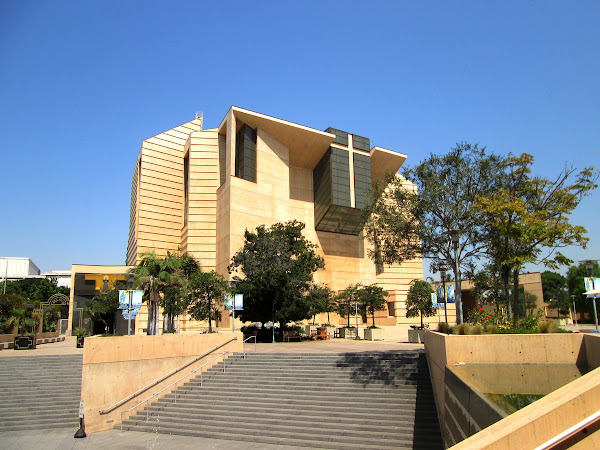Isaiah 56:1-2, 6-8
1 Thus says the Lord: Maintain justice, and do what is right, for soon my salvation will come, and my deliverance be revealed. 2 Happy is the mortal who does this, the one who holds it fast, who keeps the sabbath, not profaning it, and refrains from doing any evil.
6 And the foreigners who join themselves to the Lord, to minister to him, to love the name of the Lord, and to be his servants, all who keep the sabbath, and do not profane it, and hold fast my covenant— 7 these I will bring to my holy mountain, and make them joyful in my house of prayer; their burnt offerings and their sacrifices will be accepted on my altar; for my house shall be called a house of prayer for all peoples. 8 Thus says the Lord God, who gathers the outcasts of Israel, I will gather others to them besides those already gathered.
Isaiah Outline
The 66 chapters long book of Isaiah comes from three different eras and three primary authors:
• 1st Isaiah – 1-39 before the Babylonian exile
• 2nd Isaiah – 40-55 during the Babylonian exile
• 3rd Isaiah – 56-66 after the exile, mostly addressed to people who returned to Jerusalem to rebuild city, temple, infrastructure, and community. Some deportees remained in Babylon; per God's instructions via Jeremiah, they continued to "seek the good" of the city where they'd landed.
Despite probably distinct authorship of each section, all three include material whose overall style doesn't accord with the rest because it's almost definitely from another writer or writers.
All of Greater Isaiah brings us inclusive universalism that's not vapid, sweet, contentless New Age, but reveals a God who reaches out with love and mercy to all people and all creation everywhere. Together with his eighth century counterpart Amos, 1st Isaiah brings us the earliest articulation of true monotheism.
Today's Reading…
…reminds us of the holy demands of a holy God to do justice, rock righteousness, and to keep Sabbath. It also reveals a God who loves, includes, and embraces everyone—including Israel's enemies!
This passage easily can be misunderstood as it begins with God telling the people to act with justice and righteousness and then redemption – "deliverance" in the NRSV – will arrive. Along with some others, this scripture reading may appear as if grace is conditional and happens as a result of our behaviors (works-righteousness), but with God that's never the case.
Related to December holidays of Christmas, Chanukah, and Kwanzaa, people sometimes talk about "exchanging gifts" or a workplace "gift exchange" but an exchange is an economic transaction, and by definition a gift cannot be earned or paid for. On those holidays we either give presents or performs transactions; it cannot be both.
From Isaiah 56:7, the cornerstone of the Cathedral of Our Lady of the Angels in downtown Los Angeles announces "My house shall be called a house of prayer for all nations." This is ecumenical cooperation between very different, quite similar, and closely related Christian denominations—it's also interfaith, just as it was during Third Isaiah's sixth century.
Sabbath
The official Sabbath day never changed from setting apart the hours from Friday sundown through Saturday sundown, but we often expand the word "sabbath" to describe any time of rest (shabbat means "rest") from productive activity, for any time specifically for God, for worship, for family, for not conceding to the demands of empire. Maybe ironically, when an academic goes on a sabbatical year or semester they expect to study and produce, but it still is a refreshing time away from normal expectations and involvement.
Because of Jesus' resurrection on Sunday, Christians typically worship and whenever possible refrain from paid work and unnecessary busyness on Sundays, but that's not possible for everyone. Most Sundays most pastors are on the clock! Employment slots obviously need to be filled every day by health care, police, fire, transportation, and other essential personnel. Retailers that stay open on Sundays need to stay staffed. (Is retail shopping always "unnecessary busyness?") However, human bodies and spirits require regular time away from being busy, time to simply be, and scheduling a regular time of sabbath is necessary for mental and physical wellness.
How do you typically find rest, refreshment, and renewal? Have you heard or read about recreational or restorative activities (I had to use that action word) or options that sound like a good fit for your style and that you'd like to try?




No comments:
Post a Comment